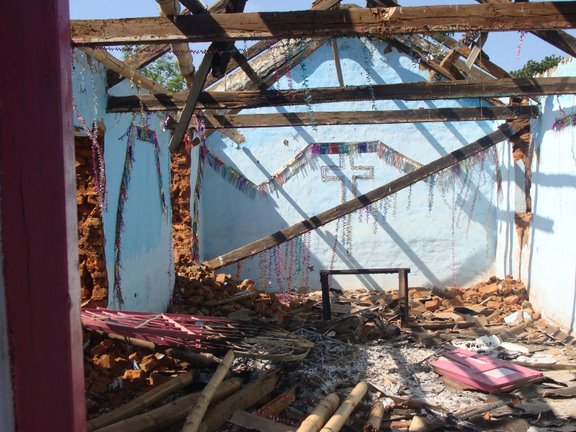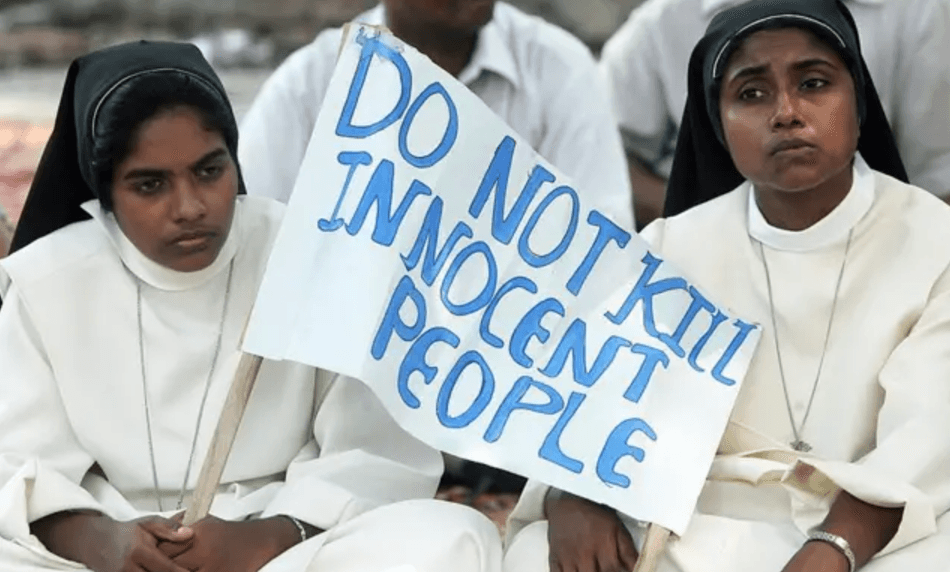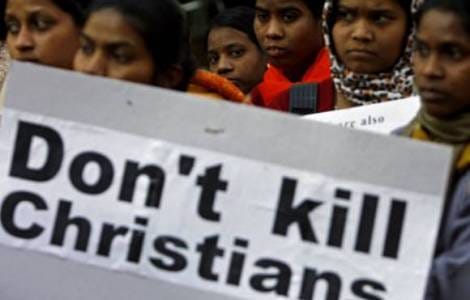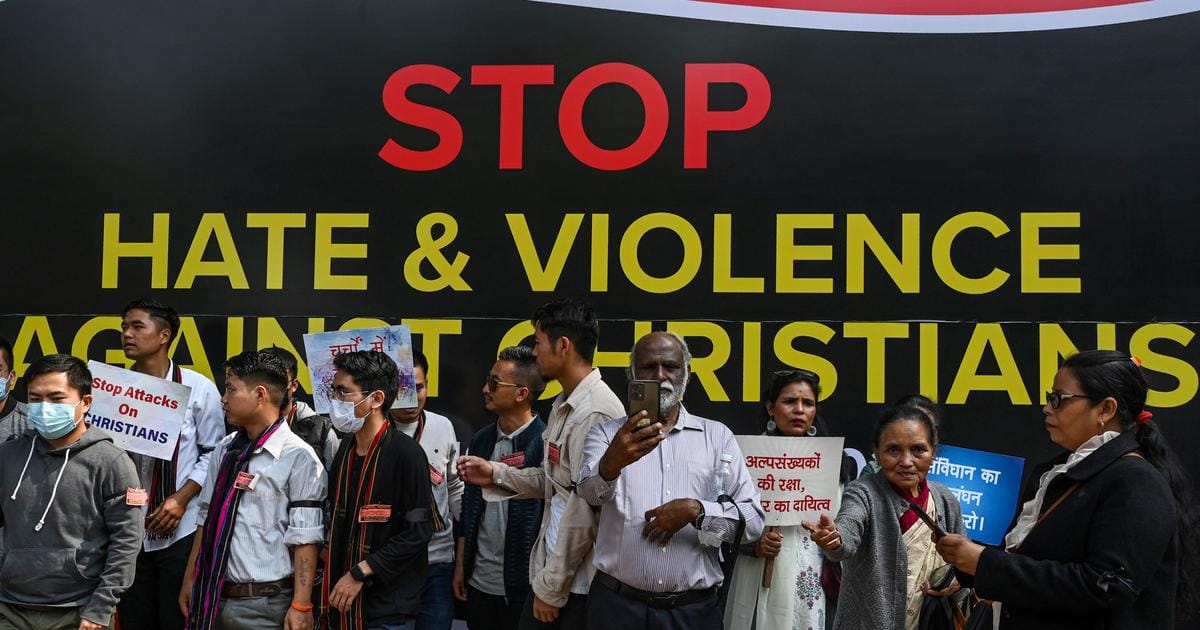The report produced by the United Christian Forum (UCF) brings out a darker picture of the social reality of Christian persecution in India, where there were 673 attacks up to the end of October 2024.
More shockingly, only 47 FIRs were registered for these incidents which point towards total negligence of the law enforcement agencies and a rising trend of culprits roaming scot-free.
A nationwide crisis
The extremism towards Christians has over time become part and parcel of religious bigotry that has been experienced in the past decade. In 2014, there were less than 100 reports, though, by 2018; there was an increase to 292. This upward trend has continued; according to the data, the approximate figures reached 750 in 2023. This aggravation of the existing conflicts reveals the need to develop more discussion on the problems of interfaith relations and to increase interfaith and intrareligious tolerance. According to AC Michael, the National Coordinator of UCF, it is clear that this has now developed into a systematic kind of attack on Christianity with each state in the country averaging two attacks per day.

According to Makhtoob Media’s article, 23 states of India have recorded violence against Christians. The incidents are highest in Uttar Pradesh, 182 which is followed by Chattisgarh, 139. The nature of these incidences is worrying; they cut across the spectrum, from physical attacks, killings, sexual harassment, threats, social exclusion, and vandalism. There is also information in the report on the particular threats to vulnerable sectors of the Christian community ‒ women and the marginalised; twelve of the reported cases involved a woman as a victim, and others targeted Dalit and tribal Christians.
Systemic failures in law enforcement
It is one of the most concerning issues of this crisis, as the law enforcement system seems to fail at both preventing and prosecuting, leaving victims unprotected. From the 673 cases reported, FIRs registered were only 47, which means all the other cases were unproperly addressed. Michael complains that police forces persecute victims and arrest pastors on silly charges rather than taking action against crimes that are committed against Christians. This pattern has been seen in the broader society in India where state machinery is being increasingly employed to wipe out minorities.

There is an increasing tendency of violence against Christians because of a phenomenon that has been largely linked to organised acts, and campaigns by vigilante groups who attack religious minorities and defend hindutva violence. These groups work without remorse, they are often encouraged by local authorities and political leaders. Police records suggest that a clear majority of acts of violence are perpetrated by members of groups associated with the far right, including the Vishva Hindu Parishad (VHP) and the Bajrang Dal. Often, such groups claim that Christians force them to convert; a charge that has not been proven and is often used as an excuse to attack the Christians.
Noteworthy, irrespective of the UCF report’s focus on the violence against Christians in India, it also reveals the intersectionality of the violence. Dalit-Christian and tribal women are more at risk of violence and discrimination. For instance, data analysed for October showed that women were the victims in 12 incidents, Dalit Christians in 14 cases and Christians from the tribal background in 24 cases. This points out that intersectionality explains how multiple oppressions within minorities reinforce one another.
International response: A call for action
The prejudiced conditions to which the freedom of religion in India is subjected have been observed internationally. The USCIRF, United States Commission on International Religious Freedom, which has been sceptical about religious intolerance in India, has pointed out how anti-conversion laws have been used as the basis for the violent persecution of Christians. The USCIRF has highlighted in the latest update that all these laws pose a danger to religious minorities. Increased levels of scrutiny from the international community then call for the Indian authorities to start taking proper action in the defense of minority rights.

The increase in the reported incidents helps to remind society of the problems referring to the repression of religious minorities and poses questions to Indian secularism and equality principles. Yet to meet this crisis more effectively, there should be increased legal safeguards for the protection of such groups of people and mechanisms to check on the police.
In support of this, AC Michael had it right when he stated, “These numbers are not just statistics; they are people and persons.” The governments, civil society organisations and other countries need to come together to protect the rights of religious minorities in India. If effort is not made to fight against this tide of intolerance it will only increase and democracy, liberty, justice and equality as enshrined in the Indian constitution will keep on suffering.
About the author(s)
Ainee Ilyas is a writer and researcher with a strong foundation in law and human rights, specializing in the intersections of gender, social justice, and public policy. Passionate about feminist thought, her work amplifies marginalized voices and challenges conventional narratives. With experience in editorial writing, policy analysis, and rights-based research.




